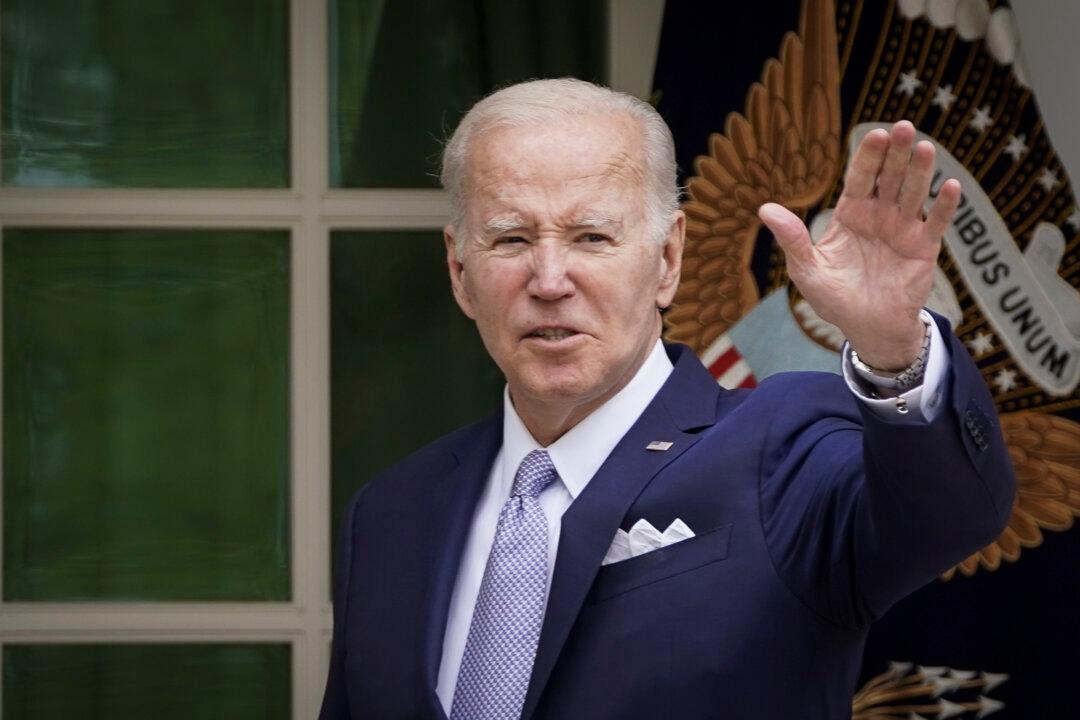President Joe Biden has invited House Speaker Kevin McCarthy (R-Calif.) and other congressional leaders to a meeting on raising the nation’s debt limit, but he has no intention of negotiating on the matter.
Instead, the president will use the May 9 sit-down to remind Republicans of their constitutional duty to raise the debt ceiling and avoid a default on the nation’s financial obligations, White House Press Secretary Karine Jean-Pierre told reporters at a May 2 press briefing.





